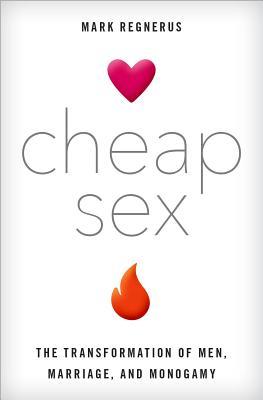What do you think?
Rate this book


280 pages, Hardcover
Published September 1, 2017
You have heard that it was said, “You shall not commit adultery.” But I say to you that everyone who looks at a woman with lustful intent has already committed adultery with her in his heart. If your right eye causes you to sin, tear it out and throw it away. For it is better that you lose one of your members than that your whole body be thrown into hell. And if your right hand causes you to sin, cut it off and throw it away. For it is better that you lose one of your members than that your whole body go into hell.(Matthew 5:27–30 ESV)
“meant more than an increased capability of limiting pregnancy….it signaled a deep transition in personal life…sexuality became malleable, open to being shaped in diverse ways, and a potential “property” of the individual. Sexuality came into being as part of a progressive differentiation of sex from the exigencies of reproduction…sexuality is at last fully autonomous.”Fully autonomous not only in its separation from baby-making, but even from being embedded in relationships. Indeed, achievement of reciprocal sexual pleasure has become a key element in whether a relationship is sustained or dissolved (7).
• Expectations of paired sexual activity early in relationships
• Sexual exclusivity is no longer assumed but rather the subject of negotiation
• Shorter-term relationships (with perceptions of commitment “phobia”)
• Plastic sexuality (interests are shaped and remodeled)
• The flourishing of non-heterosexual identities and expressions
• Obsession with (increasingly illusive) romance